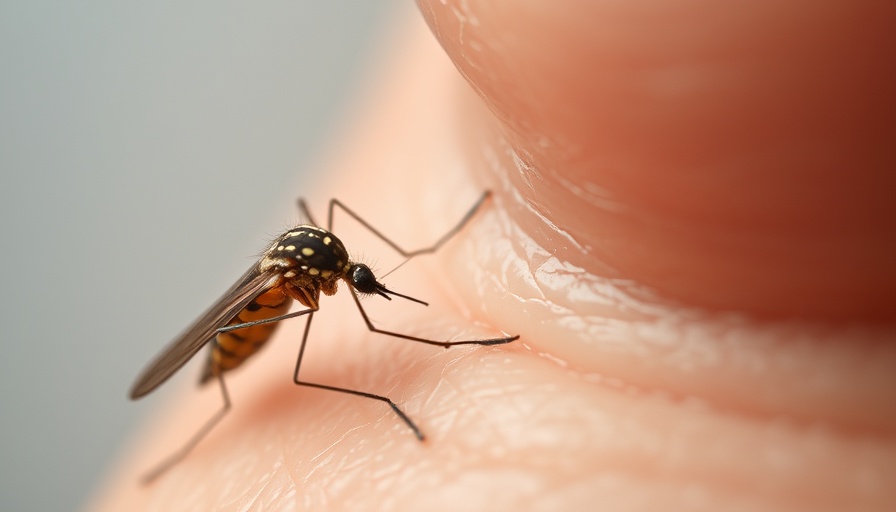
Exercise as a Vital Component in Cancer Recovery
Recent findings from a groundbreaking study have revealed that a structured exercise program can significantly aid colon cancer survivors by not only improving their longevity but also by substantially reducing the risk of cancer recurrence. This international study, involving 889 participants from diverse countries including the U.S., Canada, and Australia, emphasizes the essential role of physical activity in post-cancer treatment recovery.
Why Exercise Matters
The evidence is compelling. Those who engaged in a tailored exercise regimen saw a remarkable 28% decrease in cancer recurrence and a 37% reduction in mortality risks. Dr. Jeffrey Meyerhardt, a key figure at Dana-Farber Cancer Institute, highlights the significance of this research as it is the first randomized controlled trial definitively showing exercise's link to improved survival rates among colon cancer patients.
From Evidence to Action
This tailored program, which consisted of bi-weekly sessions with a fitness coach within the first year followed by monthly meet-ups, fostered a supportive environment that encouraged patients to stay active. Participants reported being more motivated in their exercise routines, illustrating the added benefit of professional guidance and accountability in sustaining effort over time.
Cost-Effective Interventions for Improved Health
One of the standout aspects of this study is its affordability. The estimated cost of the exercise program could be as low as a few thousand dollars per patient, making it a viable option for enhancing the quality of life for many survivors. This research not only signals an opportunity for better health care practices but also highlights a shift in the approach to cancer recovery—one that integrates lifestyle changes as a pivotal part of treatment.
Looking Ahead: The Importance of Staying Active
As researchers continue to explore the biological mechanisms by which exercise improves health outcomes—such as its potential influence on insulin processing and immune response—there's a strong case for advocating physical activity not only for cancer survivors but for overall health benefits across all demographics. Exercise isn’t just a recommendation; it is a prescription for a healthier, longer life.
For individuals eager to take control of their health, these findings underscore the power of regular exercise. Incorporating physical activity into daily life can help combat not only cancer recurrence but also enhance overall well-being.
If you want to learn more about how to implement an effective exercise routine into your life or how to best navigate your health post-cancer treatment, contact us for more details.
 Add Row
Add Row  Add
Add 




Write A Comment